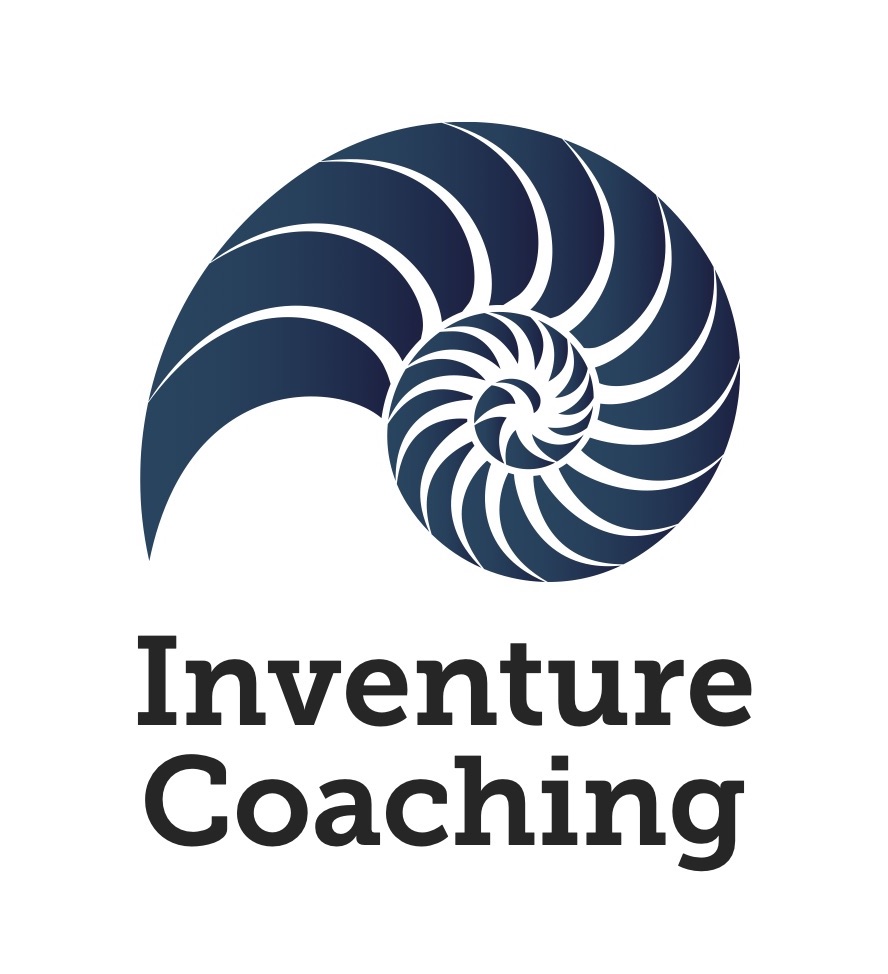Describing someone else’s expectations of me, a friend once asked, “Did you elect that person judge of your life or was it an appointed position?” The question caught me off guard – I was stumped. There was no way around it… I had been letting someone else’s opinion take precedent over my own intuition. We wouldn’t ever deliberately allow someone else dominion over our thoughts and feelings, but we know it happens.
A key personal philosophy for peace of mind (and success, even), is this: never let someone else’s communication diminish how you feel or take away from who you know yourself to be.
Your decisions are your responsibility – your responsibility alone. The same goes for how you feel about yourself. No one else has the right to commandeer your state of mind unless you let them.
When you let someone else dictate what you should or shouldn’t do, or how you feel, you sacrifice your freedom. This destructive pattern can perpetuate self-doubt, dependency on others and open you up to be manipulated.
So how do we avoid falling into that pattern?
This tool, taught by a friend of mine, suggests listening both to what is being said (one ear) and to how what is being said is a reflection of the speaker (the second ear). Applying this technique helps you discern both the message and the context as you factor in the motivation of the speaker.
 Hearing With Both Ears
Hearing With Both Ears
The Benefit? Hearing with both ears helps us sidestep a reaction to what someone else says, especially if it is mean-spirited, hurtful or ill-intentioned. Often the person offering advice means well, honestly hoping to steer you in the right direction. Still, be on the lookout for limiting beliefs, of which they may not even be aware.
What if they have a point?
When we hear with both ears, we can also listen for information we may have missed, or a perspective we hadn’t considered. But how do we know when to consider another’s opinion or perspective, or dismiss it?
Check in with yourself and ask, “Does this person have my best intentions at heart?” If the answer is YES, then consider their viewpoint in conjunction with yours.
If the answer is NO, or maybe not, take what they are saying with a grain of salt. Remember: limiting beliefs. Instead, allow space to be with your own thoughts, and formulate your own opinion.
Putting it into Practice
What someone else says to us can have lasting effects. So if you catch yourself thinking, “I can’t do that… who am I to think I can _________, I’m not __________ enough to… etc.” Stop. Sit with it for a minute. Where did that thought come from? Did I decide that? Or is it the product of what someone else told me? As speaker and author Byron Katie says, “Is that TRUE?”
If you’re unsure of your ability to discern between what you should and shouldn’t listen to, fear not. This is simply part of the process of taking back your power where you have been giving it away. And like anything, you learn with practice.
I believe the more you’re willing to listen for your own voice, the easier it will be to hear it, and learn to trust it as a reliable guide for all of the choices that life gives you.
Thank you to Mike Campbell and Mark Halvorson for being role models on how to listen to and honor your own voice.


